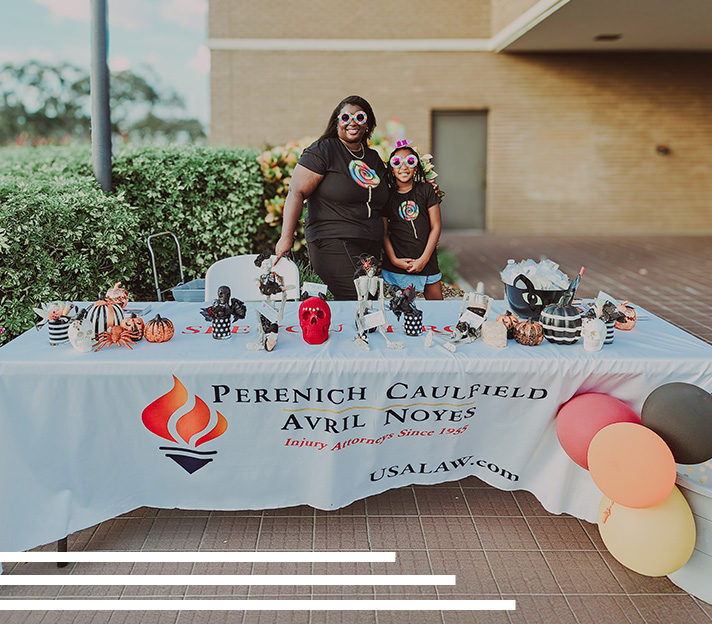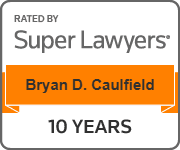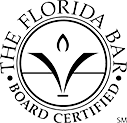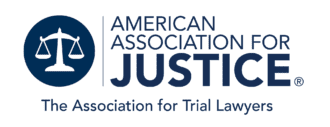Seat Belt Injuries in Clearwater, FL
The National Highway Traffic Safety Administration (NHTSA) reports that seat belts are believed to have saved 14,955 lives in a recent year. The NHTSA estimates the national seat belt use rate to be around 91.9%. Florida’s use rate lags slightly behind at 89.4%.
Although they reduce the severity of injuries, the force exerted on the body by a seat belt can also cause harm. Seat belt injuries in Clearwater, FL, can range from minor abrasions and bruises to life-threatening heart or lung damage. The attorneys at Perenich, Caulfield, Avril & Noyes Personal Injury Lawyers fight for compensation for these injuries.
If you need legal assistance, contact our Clearwater car accident lawyers for a free initial consultation at (727) 591-3354 to discuss your seat belt injuries.
How Perenich, Caulfield, Avril & Noyes Personal Injury Lawyers Can Help You With a Seat Belt Injury Claim in Clearwater, FL
Since its founding in 1955, Perenich, Caulfield, Avril & Noyes Personal Injury Lawyers has represented clients in Clearwater, Florida, against those responsible for harming them. We have successfully recovered over $675 million in financial compensation for injured victims like you.
When someone’s negligent or wrongful conduct causes a crash, our Clearwater car accident attorneys provide the following services to victims:
- Assessing the strength of their injury claims and explaining their legal options
- Collecting medical records and other evidence
- Filing an insurance claim and negotiating with the insurer to settle
- Litigating in court if settlement discussions fail
Car crash injuries can produce temporary or permanent disabilities. Call our Clearwater personal injury lawyers for a free consultation to discuss your injuries and how we can help you recover compensation for them.
How Likely Are Seat Belt Injuries?
According to a study published in the journal “PLOS One,” 3.6% of injured car crash victims were diagnosed with a chest injury rated moderate or worse.
In 2022, Florida’s car accident statistics reported:
- 3,553 fatal injuries
- 15,996 incapacitating injuries
- 236,173 non-incapacitating injuries
Thus, 255,722 people suffered injury or death in 2022 due to Florida auto accidents. Using the estimate of 3.6%, roughly 9,206 of these crash victims suffered moderate or worse chest injuries. Not all of these injuries resulted from seat belt impacts, but a significant number did.
The study did not include minor chest injuries, like bruises. Many of the remaining 246,516 road users would have sustained a minor chest injury simply because their bodies hit their seat belts during collisions.
Causes and Effects of Seat Belt Injuries
Seat belts work by restraining your body to the seat so it cannot whip around under the force of a car accident. However, the force required to hold you in your seat can injure your chest.
For example, in a multi-vehicle collision, the occupants of both vehicles keep moving forward after the crash until their bodies hit something to stop them. Unbelted motorists hit the steering wheel or dashboard. They may even get ejected from the vehicle. Seat belts stop the momentum of belted occupants before any of these outcomes can occur.
The following injuries can happen when your body hits the seat belt:
Chest Bruise
Bruises occur when pressure causes small blood vessels under the skin to burst. The bleeding leads to pain, discoloration, and swelling. These symptoms usually go away within a few days.
Strained Chest
Intercostal muscles sit between the ribs and assist the chest muscles when they expand the chest during breathing. A blow to the chest can hyperextend these muscles, causing them to stretch or even tear.
In either case, the damaged intercostal muscle can lead to symptoms like:
- Pain, particularly while inhaling
- Swelling
- Muscle spasms
- Stiffness and weakness
Mild intercostal strains take four to six weeks to heal. Severe strains may require several months of rest and therapy.
Fractured Rib
The force on your chest from the seat belt can fracture a rib. Broken bones usually take between six and eight weeks to heal. Doctors used to wrap or tape the chest to try to immobilize broken ribs. However, they no longer employ this treatment because shallow breathing can increase the risk of pneumonia.
Collapsed Lung
If a fractured rib displaces far enough, it can puncture the chest wall and break the airtight seal around the lungs. Air or liquid can then surround the lungs, forcing the air out and causing them to collapse. A collapsed lung will result in chest pain and difficulty breathing. Without emergency treatment, you can suffer permanent lung damage or even death.
Cardiac Tamponade
A membrane called the pericardium surrounds and protects the heart. A powerful blow to the chest can cause fluid to fill the pericardium. The fluid pressure strangles the heart, leading to a condition called a cardiac tamponade. This life-threatening issue requires treatment in a hospital to drain the fluid.
Schedule a Free Case Evaluation With Our Clearwater, FL Auto Accident Attorneys
You may be entitled to compensation for your seat belt injury from an insurance company or the at-fault driver. Contact Perenich, Caulfield, Avril & Noyes Personal Injury Lawyers for a free consultation to learn how we can help you pursue an injury case.

We treat you like family.
If you can’t come to us, we’ll come to you.
Representing Accident Victims in Tampa Bay since 1955
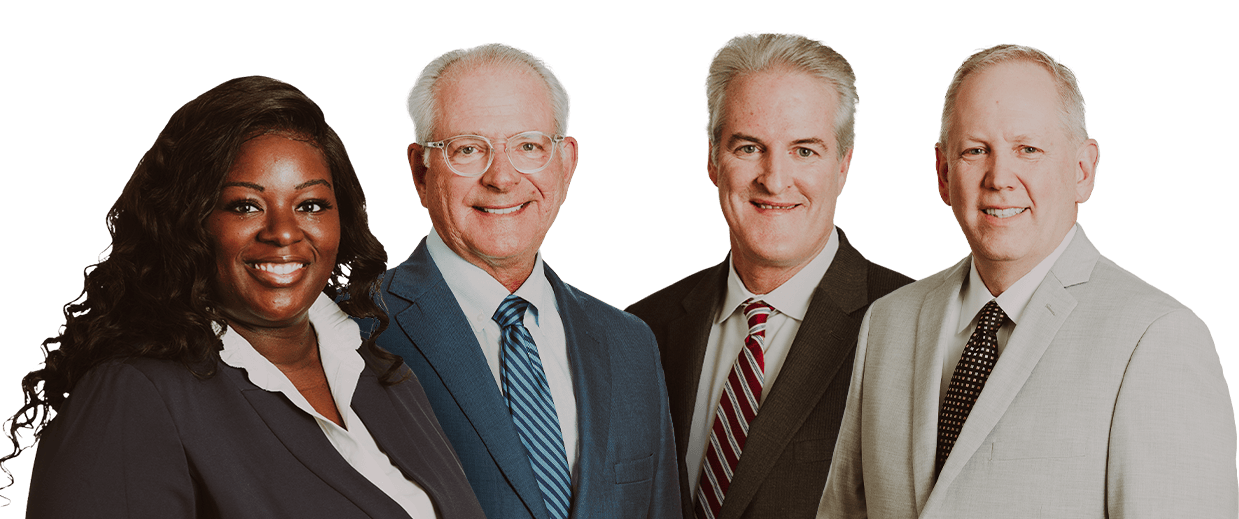


-
“Friendly knowledgeable and kept me informed about my case. Any offer, bill or question was readily answered. Would definitely recommend and refer people to Bryan Caulfield and his team!!”- Betty B.
-
“Mrs Bryant works her butt off to make sure you get what is do to you in medical and beyond! They won’t take your case if they don’t feel you haven’t been wronged.”- Christine R.
-
“Working with Mark Perenich on my auto injury case was an absolute game-changer. From the very beginning, he brought a level of professionalism, expertise, and care that immediately put us at ease.”- Kerry B.
-
“Lorrie and Allyson are phenomenal. I highly recommend them to anyone. It seemed like a never ending journey but I can’t thank them enough for diligently fighting my case with the greatest integrity, support and prayers.”- Former Client
-
“Allyson has been so helpful with navigating the disability process for my husband!”- Kaitlyn S.
-
“It honestly couldn’t have gone better. Pretty much perfect.”- Andreas B.
-
“From the first day we met this law group I felt very comfortable and knew we would be well taken care of. This was our first experience filing for SSD, and was not disappointed. The lawyers are awesome and very professional.”- Shari J.
-
“Very nice they worked with you. Never ignored me with my case. Always on top to work with you. Thank you so much for all that you have done to help me! Very highly recommend.”- Margarita O.
-
“My appointed attorney was Jacqueline, Bryant. She is very compassionate about her client and work. When it comes to negotiation, she's a Beast and she gets the job done.”- Alaina J.
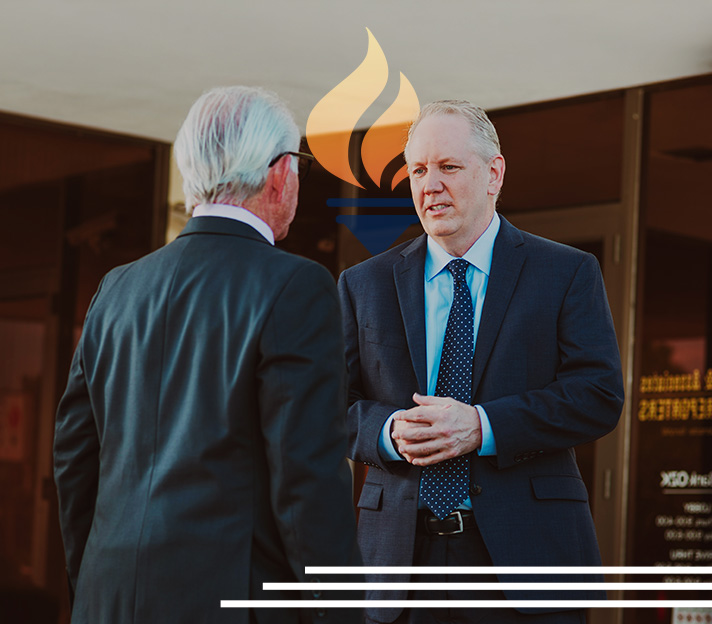

We’ve been proudly serving Clearwater, St. Petersburg, and the Tampa Bay area for generations. As the first personal injury law firm in Clearwater, our dedicated legal team brings over 300 years of combined experience to each and every case. If you’ve been injured and need support, please reach outtoday for a free consultation, we are here to help you.
